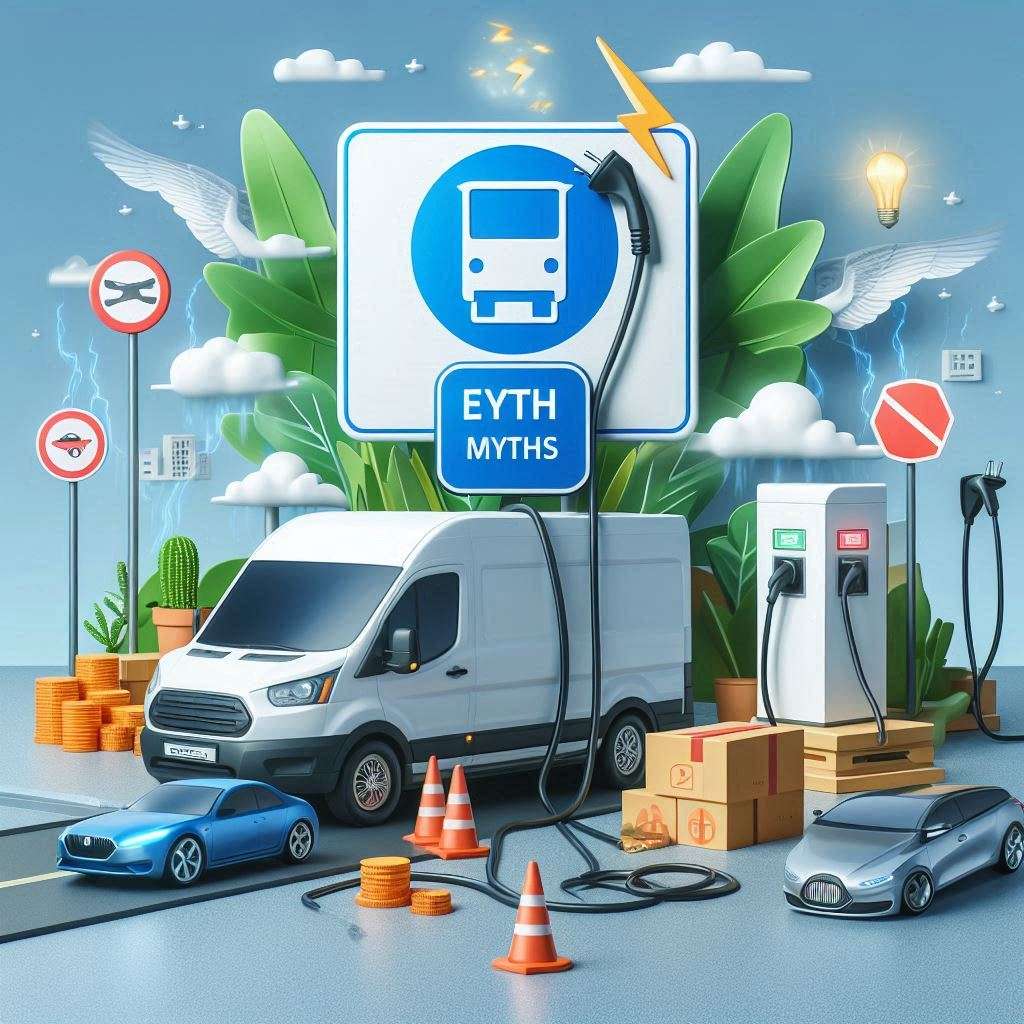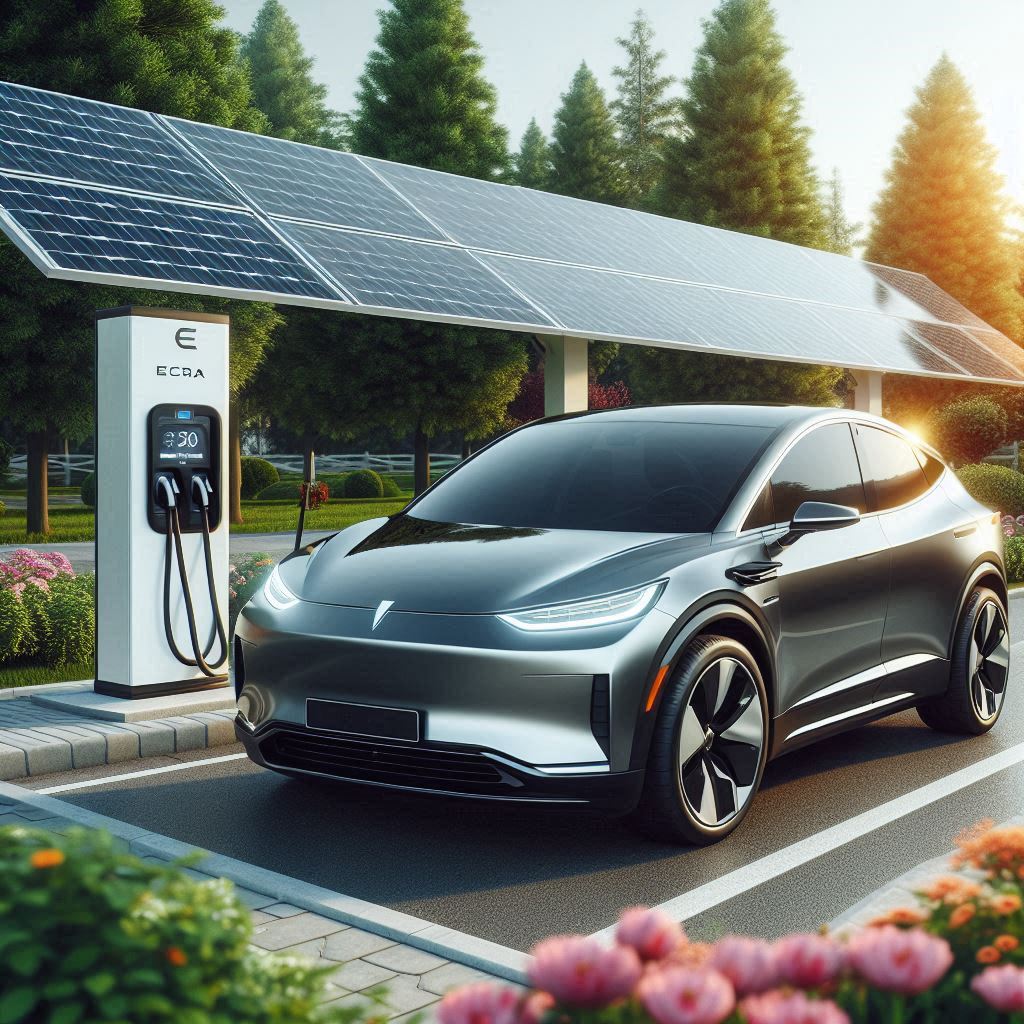The EV Myth – EV Batteries don’t last long
If you’re considering making the switch to an electric vehicle (EV), you may have heard that EV batteries don’t last and that EV battery health is a big problem.
You might have also heard about exhorbitant replacement costs.
If you believe everything you hear, you might expect your EV battery will only last a couple of years before you’re forking out tens of thousands for a replacement. What’s the truth about EV batteries and EV battery health?


In reality, most EV manufacturers stand behind the quality of their batteries, offering lengthy warranties that often exceed 10 years or 200,000 kilometers. And, in many cases, EV batteries have been known to last even longer than that. So, you can breathe a sigh of relief and focus on the many benefits of EV ownership, from reduced emissions to lower operating costs.
With battery costs plummeting from $1,000 per kWh to just $137 per kWh and still falling, its now possible to deliver a whole car for around $40,000 when previouly just a battery would cost more than that. A decent sized EV battery can now cost under $10,000 to manufacture. That’s getting close to what it could cost for an engine replacement in a petrol car.
The Myth Behind Battery Durability
Common Misconceptions
The prevailing misconception is that EV batteries are prone to rapid degradation, leaving them useless after just a few years. This fear is often fueled by misinformation and a lack of understanding about how EV batteries work. You may have heard that EV batteries lose up to 20% of their capacity within the first year alone, but this is far from the truth. EV battery health is fast becoming a non-issue, and even the most modest of EV battery care will almost ensure your car will last.
Where the Myth Originated
For many, the myth of poor battery durability stems from early concerns about the reliability of EV technology. As the industry was still in its infancy, there were some legitimate concerns about battery performance and longevity.
For instance, one of the earliest and most widely publicised issues was the degradation of batteries in the Nissan Leaf, which was introduced in 2010. However, it’s necessary to note that this was largely due to the car’s thermal management system, which has since been vastly improved. Moreover, Nissan has consistently updated its battery technology, and many Leaf owners have reportedly clocked over 200,000 miles without significant battery degradation. The reality is that EV manufacturers have made tremendous strides in improving battery durability, and most now offer lengthy warranties to back up their claims.
The Reality of EV Battery Longevity
Little by little, the myth that EV batteries don’t last is being debunked by real-world data and manufacturer guarantees. Let’s take a closer look at the reality of EV battery longevity.
Manufacturer Warranties
For your peace of mind, most EV manufacturers offer lengthy warranties for their batteries, often 7 to 10 years or 200,000 kilometers. This means that if your battery degrades significantly within that timeframe, the manufacturer will cover the cost of replacement or repair. This warranty period is often as long or longer than what’s typically offered for petrol-powered vehicles.
Real-World Examples of Long-Lasting Batteries
Long-lasting batteries are not just a myth; they’re a reality for many EV owners. Take, for example, the Nissan Leaf, which has been on the market since 2010. Many Leaf owners have reportedly clocked over 200,000 miles without needing a battery replacement. There are plenty of Tesla examples of batteries over 7 or 8 years old and having done several hundred thousand kilometers, still going strong, without a bettery replacement in the near future.
The data from Context shows that many EV batteries retain up to 90% of their original capacity even after 150,000 miles (240,000km). This means that even after many years of driving, your EV’s battery will still have plenty of life left. With proper maintenance and charging habits, it’s not uncommon for EV batteries to last 15-20 years or more. So, rest assured that your EV’s battery will be with you for the long haul.

Factors Affecting Battery Life
It’s imperative to understand that various factors can impact the lifespan of your EV battery. While many myths surround EV battery health, and particularly degradation, the reality is that your driving habits, environment, and charging practices all play a significant role in determining how long your battery will last.
- Temperature: Extreme temperatures can affect battery performance and lifespan.
- Charging habits: How you charge your EV can impact battery health.
- Driving style: Aggressive driving can lead to faster battery degradation.
- Battery quality: The quality of your EV’s battery can significantly impact its lifespan.
For a better understanding of EV battery health check out these posts:
Conclusion
Presently, you can put to rest the myth that EV batteries don’t last. With most manufacturers offering extensive warranties, often exceeding 10 years or 200,000 kilometers, it’s clear that EV batteries are built to endure. In fact, many have been known to last even longer. So, as you weigh your options in the electric vehicle market, you can confidently dismiss this myth and focus on the many benefits that EVs have to offer. Your next car purchase just got a whole lot more promising, and you can worry a lot less about your EV battery health.



